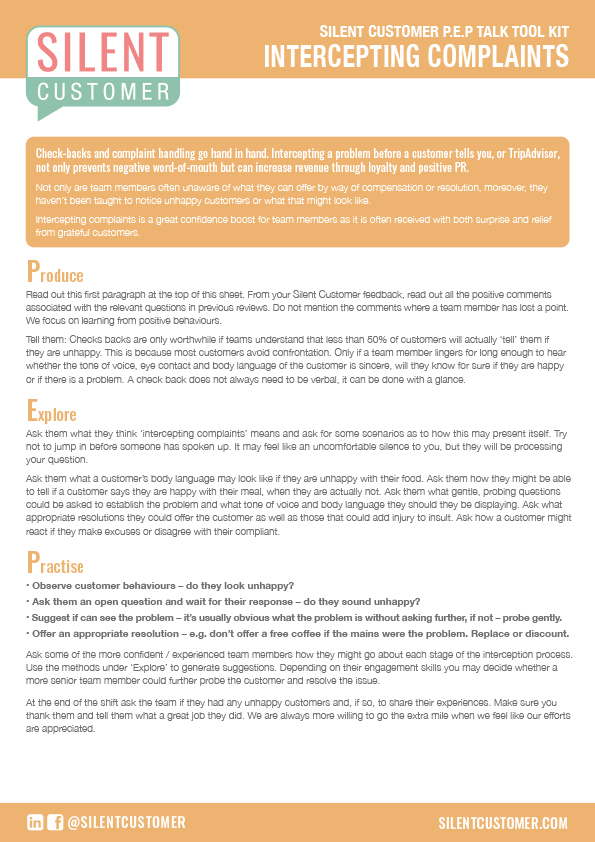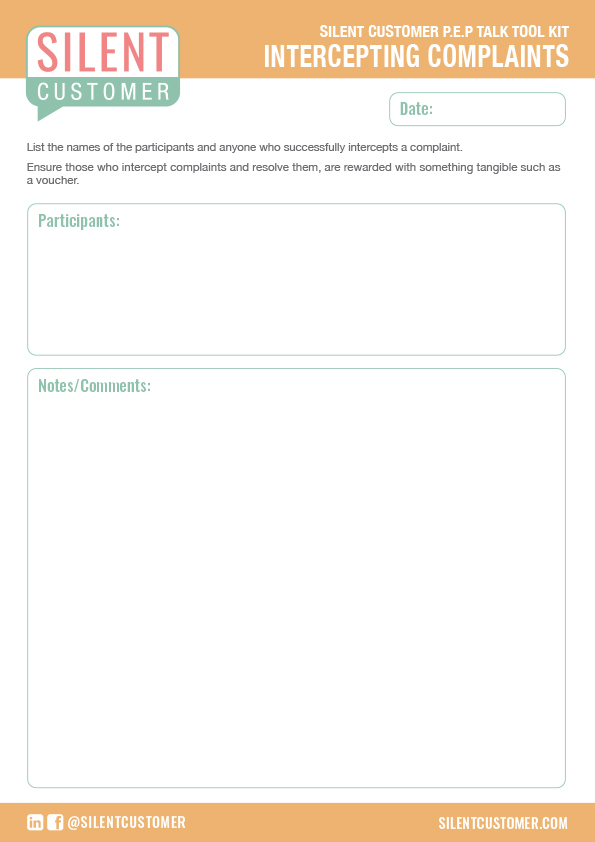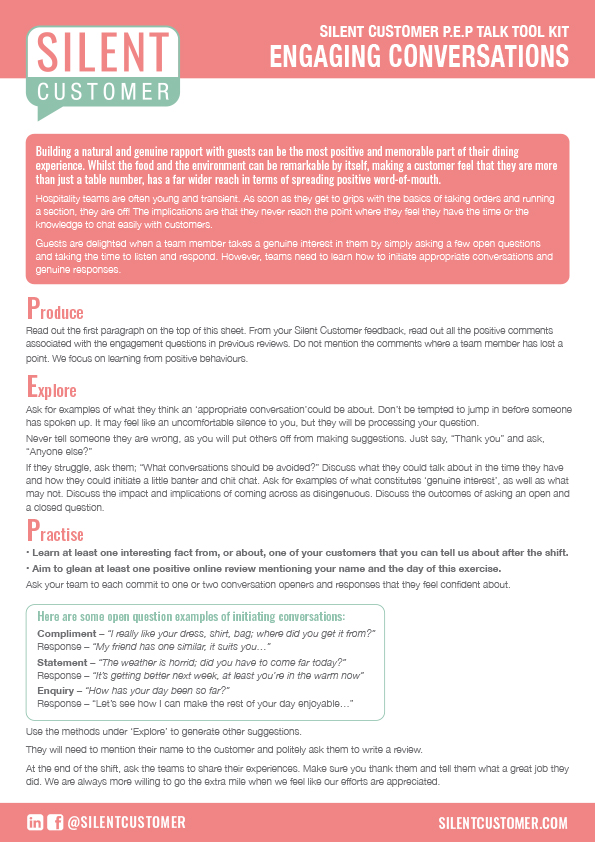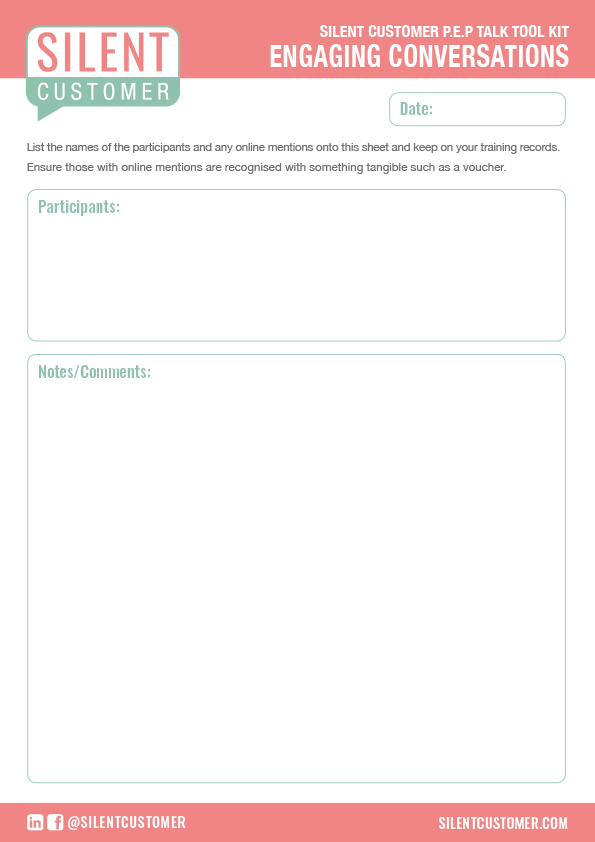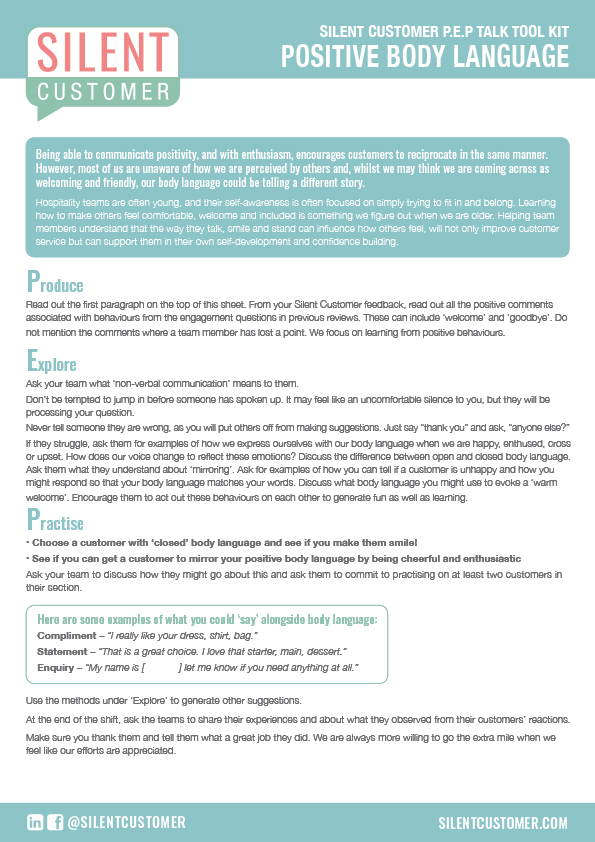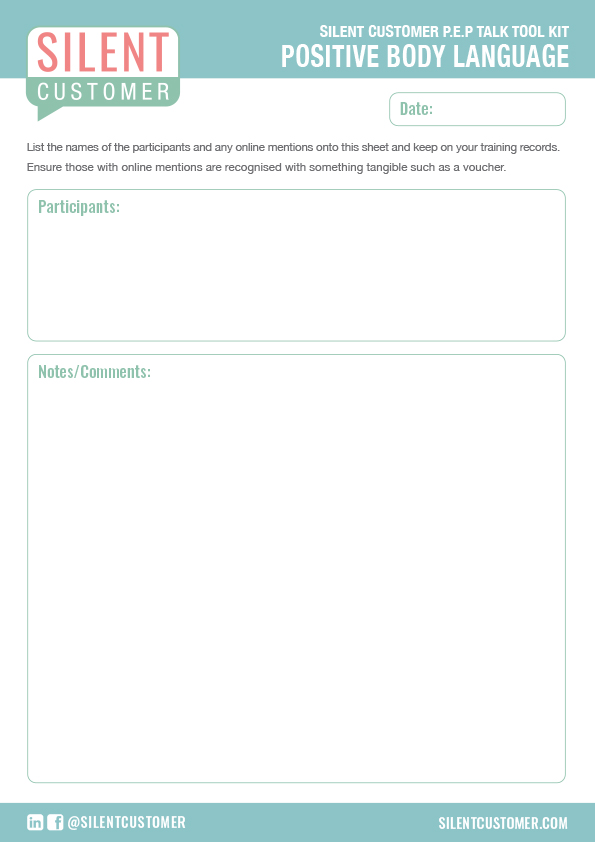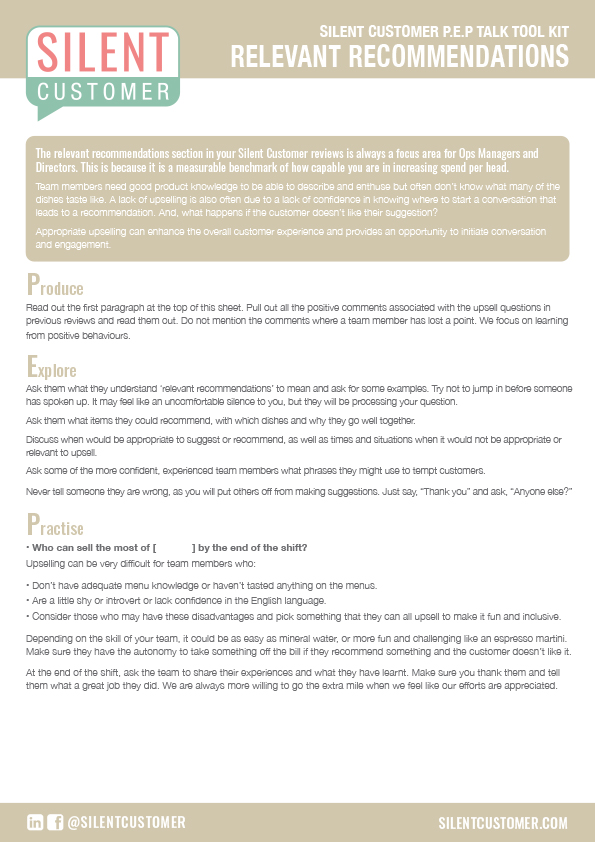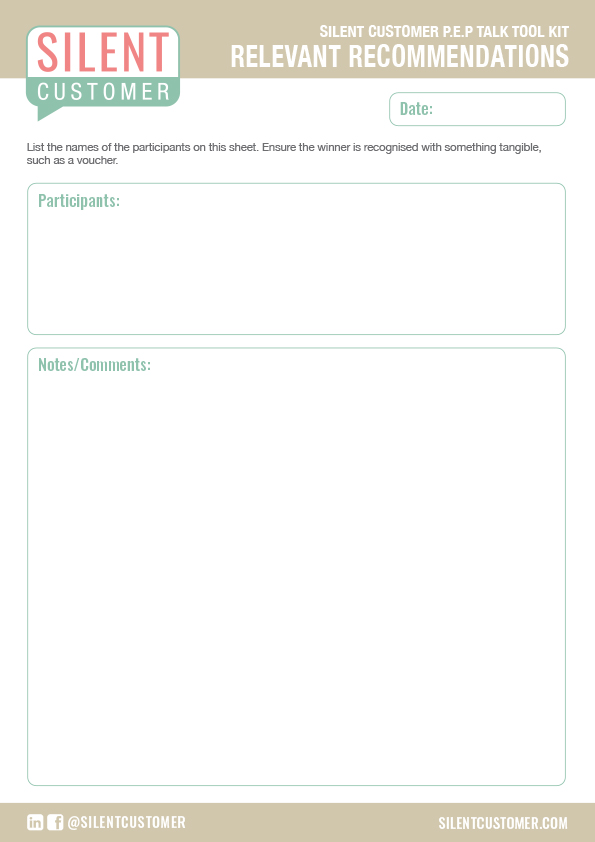This story highlights how using mystery shoppers in a clinical setting can help you discover how to reassure your patients in ways that you hadn’t thought of.
I am giving myself the gift of sight for my 50th birthday and booked an appointment for a paid consultation for lens replacement.
Sight correction is very expensive with lens replacement topping the charts. With a high price tag comes a high expectation of service, not just in terms of medical competence, but also of the team supporting the value of that product.
The initial call to the clinic was fine, I had spoken to the optometrist who was knowledgeable about the procedures they offered. I’m not convinced that if I had spoken with the manager in the first instance I would have felt the same level of assurance given my impression of her at the clinic itself.
When I got there I was struck by the irony that the two ladies (much younger than me) at reception were both wearing glasses, but I put it to the back of my mind. Their greeting was friendly although they didn’t tell me what to expect from this appointment or how long it would take. I wasn’t invited into a consultation room until 20 minutes past my appointment time. At no point did anyone reassure me that would be seen soon nor apologize for the delay.
The clinic’s reception area was an eclectic mix of midnight blue, velvet, contemporary, soft furnishings more appropriate in a boudoir, standard waiting room chairs (with a different hue of blue), wall covering of varying beiges and patterns, a vase of bright blue, clashing silk flowers, a large ornate mirror, and a TV showing very poor-quality and toe curling footage of lesser-known singers from the 70’s. It gave me an impression, not just of poor taste, but moreover of incongruence, not something that you would want to associate with having your eyes lasered.
On the upside, and this would have been the absolute deal breaker, it was clean, tidy, and had a hygienic-looking water dispenser (I have seen some that have their own eco systems).
I was invited into a room with a lot of machines to test my eyes by one of the young women I saw in reception who introduced herself by name but felt it was appropriate to address me all the way through as ‘deary’ and ‘me dear’. It is not appropriate to call anyone that especially in a clinical setting and it came across as not just impersonal and lazy but also as patronizing and demeaning.
After the tests, which she explained very thoroughly albeit very scripted and in a ‘going through the motions manner’ she told me to wait back in reception until I was called in by the surgeon. I asked her how long I could expect to wait and she said 5 mins. It was 20.
During this time, I heard her using me as a case study in discussion with the manager about which line she should ask the patient to read on the chart first, since ‘she is only a technician, not an optometrist so how would she know!’ I also heard them discuss other patients’ needs.
At this point, I had decided that I wasn’t going to go forward with the surgery at this clinic.
However, the surgeon pulled it out of the bag. He was engaging and called me by my name. And did a great down-sell in helping me understand why lens replacement wouldn’t provide me with the best value.
I was reassured and was happy to sign up for laser treatment with the manager.
The consultant surgeon who is also the clinic director has, or so it appears, no idea of simple changes that could make such a difference to reassure patients such as:
- The process and amount of time patients need to put aside for the consultation could be explained.
- Any delays could be conveyed at the time with apologies given.
- Patients could be called by their names.
- Voices and conversations could be more discrete
- The interior could reflect the price point as well as the products and services.
- I’m not convinced that employing staff members who wear glasses is particularly reassuring when the whole point is to negate the need to wear them.
- The service could be more personalized and acknowledge that the high price point is not throw-away money for most people.


